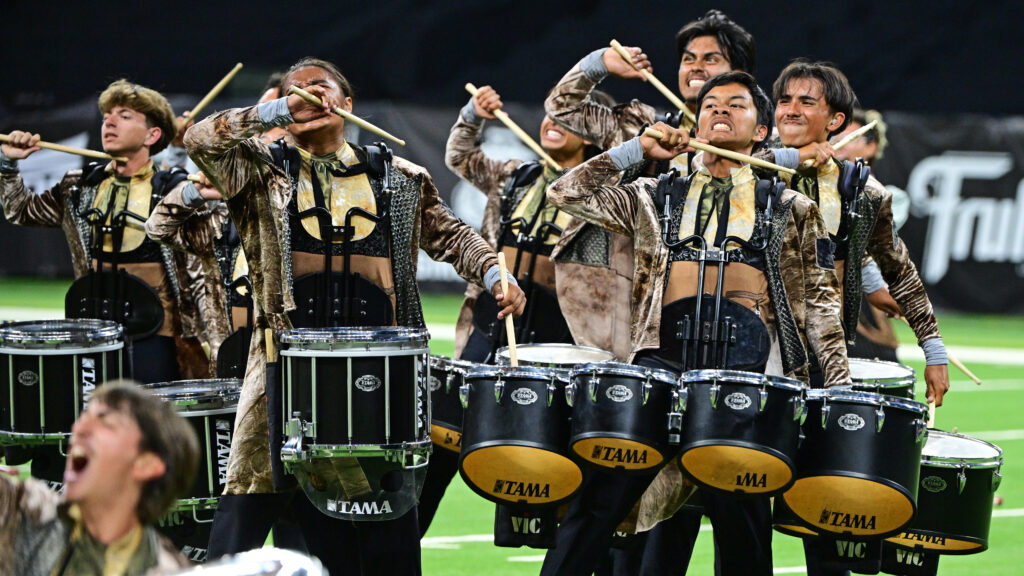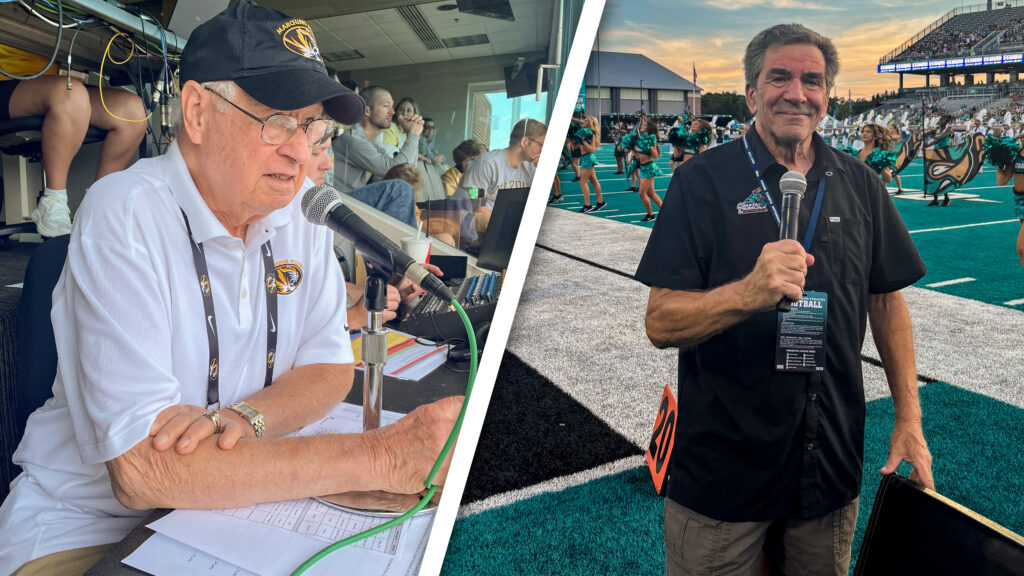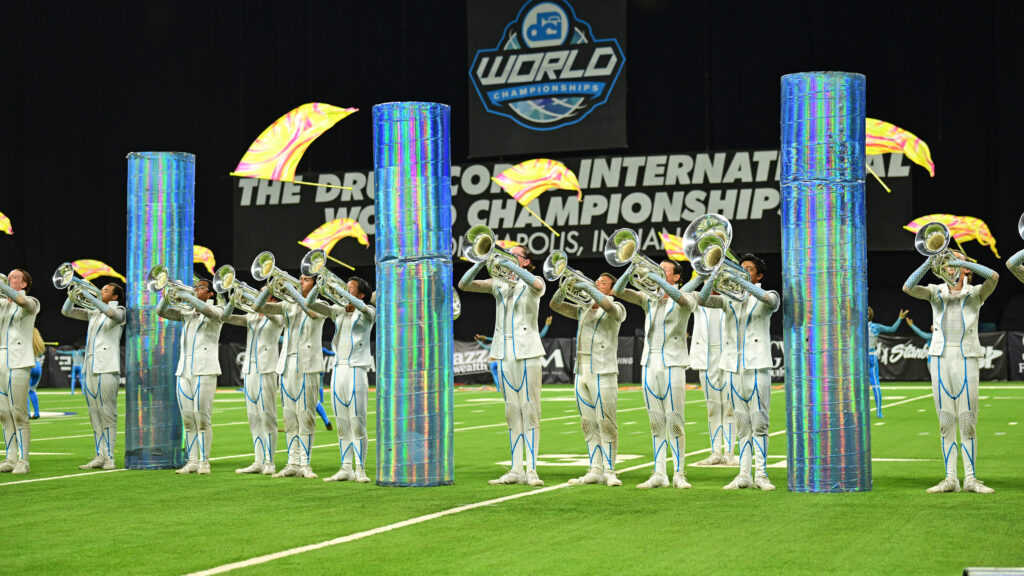DCI Hall of Fame member George Bevilacqua passed away on Saturday, June 23, at the age of 81.
Bevilacqua, the former director of the Boston Crusaders (1972-1980), served the corps at the time of the founding of Drum Corps International when he and 12 other directors looked to form an organization where they could set their own rules and manage their own affairs.
In founding the new organization, however, the Crusaders lost their sponsorship from the VFW and American Legion. Just a year later the corps faced more adversity when its rehearsal hall burned down, losing equipment and the corps’ truck in the conflagration. As staff and management began to divide looking for the best way to keep the corps afloat, Bevilacqua charged ahead, seeing association with Drum Corps International as the organization’s best course of action.
“During this time period George kept the Crusaders from bankruptcy by personally funding much of the operations of the corps, purchasing new horns, new uniforms and other equipment as it was needed,” Hall of Fame member and former DCI executive director Don Pesceone said in his nomination of Bevilacqua for the DCI Hall of Fame in 2012. “Not willing to accept ‘No you can’t,’ as an option, George would keep finding ways to keep the corps alive and running.”
DCI Hall of Fame chair George Oliviero, who instructed the Boston Crusaders in the early 1970s, remembers Bevilacqua as a loyal alumnus of the corps. He became the corps’ drum major in 1957 when the group became known as the Hyde Park Crusaders after becoming independent from its original sponsor, the Most Precious Blood Catholic Church.
That same year, Bevilacqua began his service to the United States Air Force as a jet engine mechanic. Later, he would work for Pan Am Airlines and was a pilot for Flying Tiger Line, the first scheduled cargo airline in the United States. He later received a degree in physical therapy and worked in local nursing homes and also did work for the Veterans Administration.
Oliviero recounts that Bevilacqua stepped up to save the corps during some rather rough times in the early 1970s, when the corps almost ceased operations. He equated Bevilacqua’s loyalty to the corps as “intense and everlasting,” leading to a miraculous revival in the mid-1970s that was directly connected to his hard work.
DCI contest director Tony DiCarlo marched as a member of the Boston Crusaders in the early 1970s. He recalls that with only 17 brass players, Bevilacqua “made us strong and believers. He was proud of the corps and always did what he said and believed.”

Oliviero says that Bevilacqua was known for his “old school ethic of drum corps,” and he had the ability to think creatively to seek unique solutions to lead the corps through the challenges of the day.
“George was bold, fearless and a tireless advocate for the drum corps activity,” current Boston Crusaders executive director Christopher Holland said. “He left his mark on the Boston Crusaders and the entire drum corps community.”
Bevilacqua is survived by his wife, Arlene, four children, and a number of grandchildren.
Services will be held on Friday, June 29 at 9 a.m. ET at Rock Funeral Home, 1285 Ashley Blvd., New Bedford, Massachusetts, followed by a funeral mass at 10 a.m. ET.





